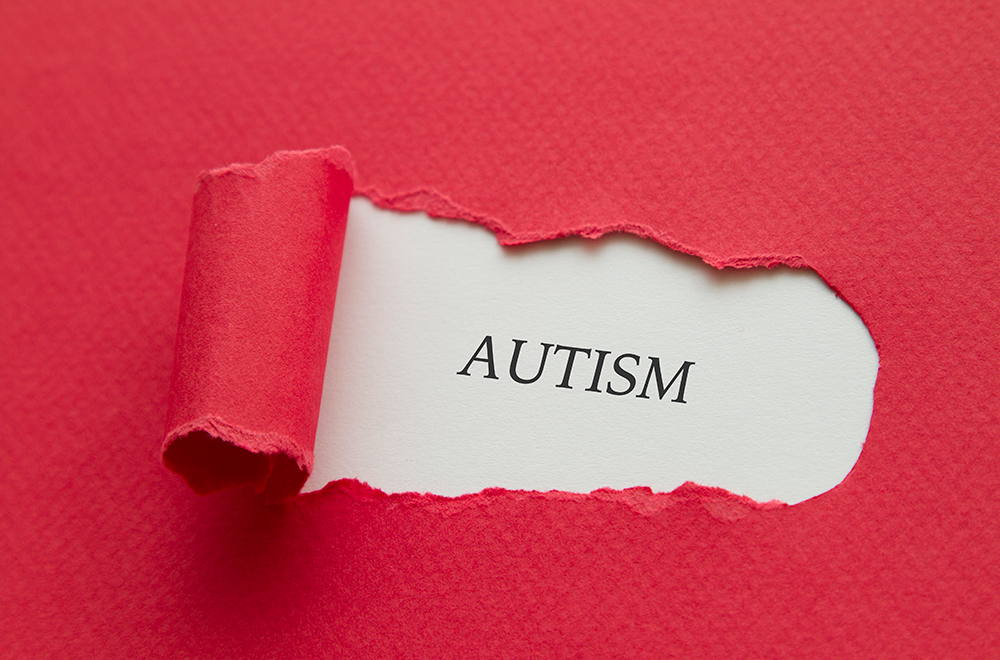Curtin University researchers recently completed a successful pilot study of a world-leading Swedish social skills training program for autistic adolescents, adapted to meet the needs of autistic teenagers in Australia.
The Curtin Autism Research Group in collaboration with the Autism Association of Western Australia and the Karolinska Institute for Neurodevelopmental Disorders in Sweden translated the KONTAKT program into English and adapted it to Australian culture before evaluating its feasibility and acceptability with a group of WA autistic teenagers.
The research found the adapted version of the training program successfully improved communication and social interaction skills for WA study participants.
The 17 study participants undertook a series of training sessions covering increasingly more complex social skills such as understanding social rules and relationships, recognising emotions and developing conversational skills.

“We evaluated changes in social goals, symptom severity, quality of life, interpersonal efficacy, social anxiety, loneliness and facial emotion recognition prior to the program immediately and three months after it,” Curtin Autism Research Group director, Professor Sonya Girdler said.
“The findings indicated the KONTAKT program supports Australian autistic adolescents in achieving personally meaningful social goals, with participants not only gaining important social skills to draw on for their entire lives but having fun while benefitting from meeting other young people with autism.
“This project has brought a world-leading social skills training intervention to autistic teenagers in WA and this study provides the foundation for our future work, which will look more closely at how this program works in a larger group of autistic teenagers,” she said.
The research was funded by the Stan Perron Charitable Foundation. Foundation executive chair Elizabeth Perron said the KONTAKT program was a great example of why her father first established the Foundation. “He took great satisfaction from seeing how particular initiatives and programs funded by the Foundation were making a genuine difference to young lives,” Perron said. “We are delighted to maintain our association with KONTAKT and look forward to seeing the ongoing benefits it provides in assisting participants in the program to enjoy the best quality of life possible.”
The research paper, ‘ross‑Cultural Adaptation to Australia of the KONTAKT Social Skills was published in the Journal of Autism and Developmental Disorders.
Group Training Program for Youth with Autism Spectrum Disorder: A Feasibility Study, can be found online here.

